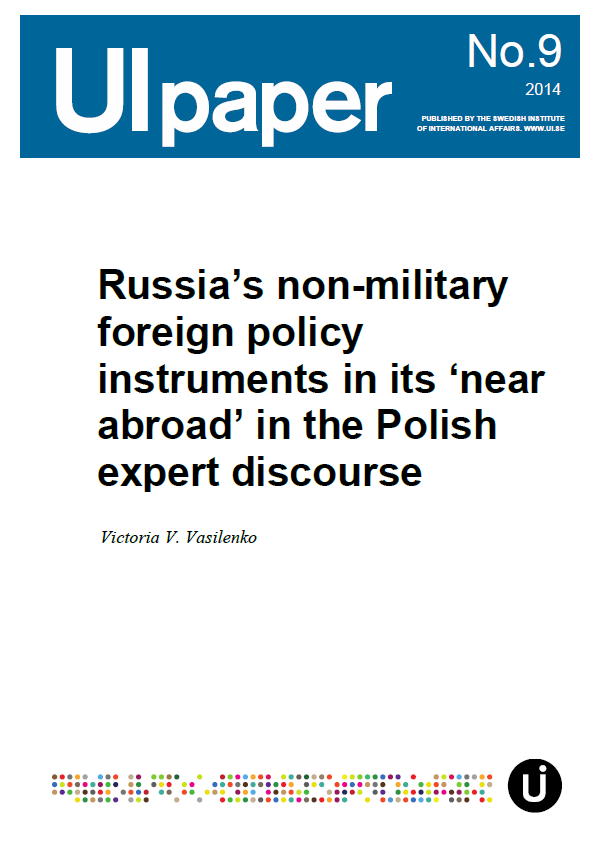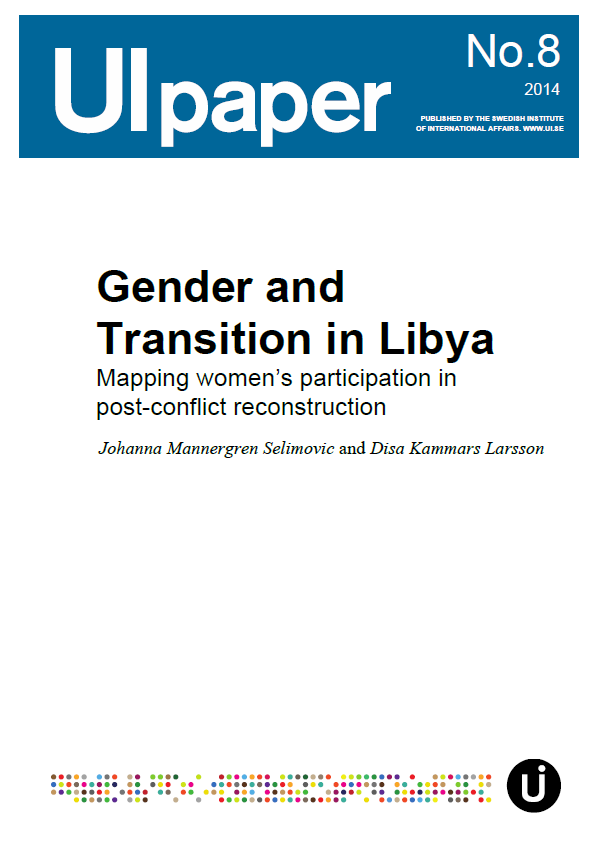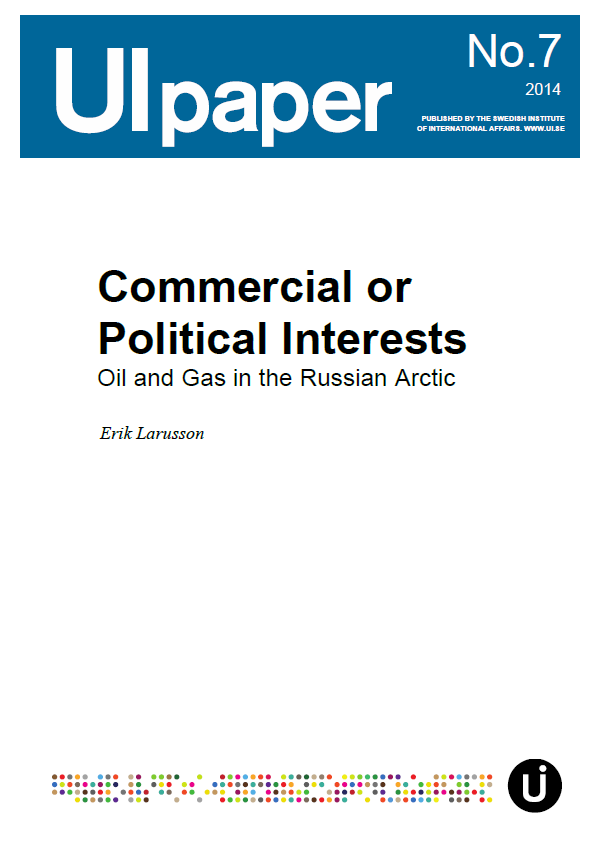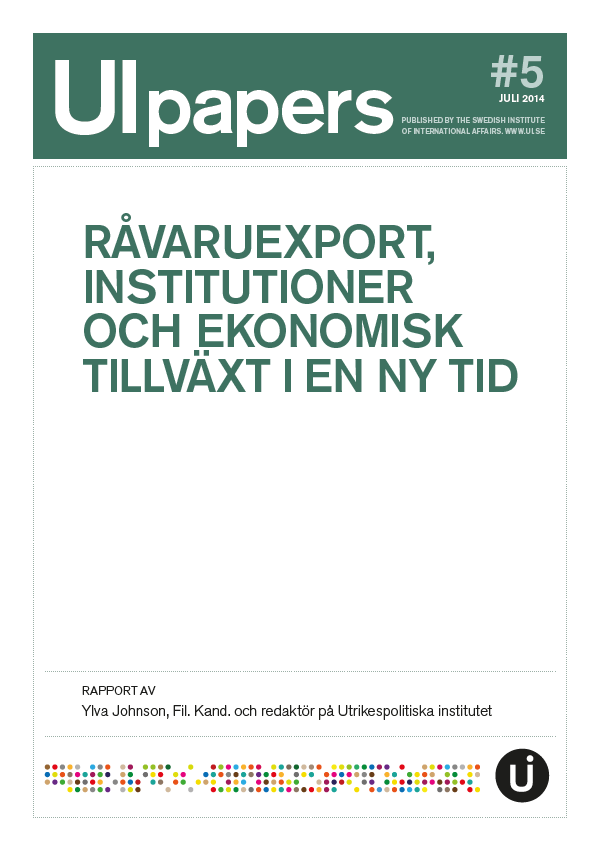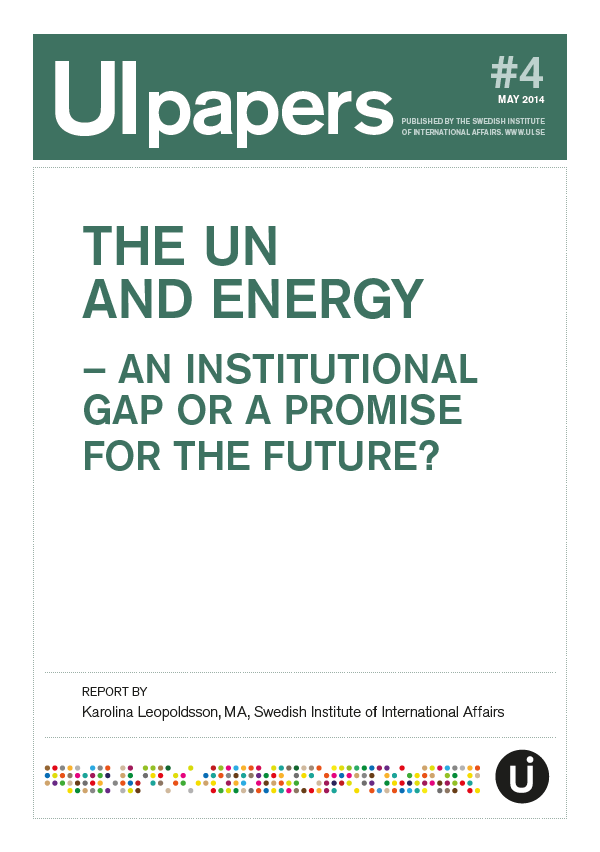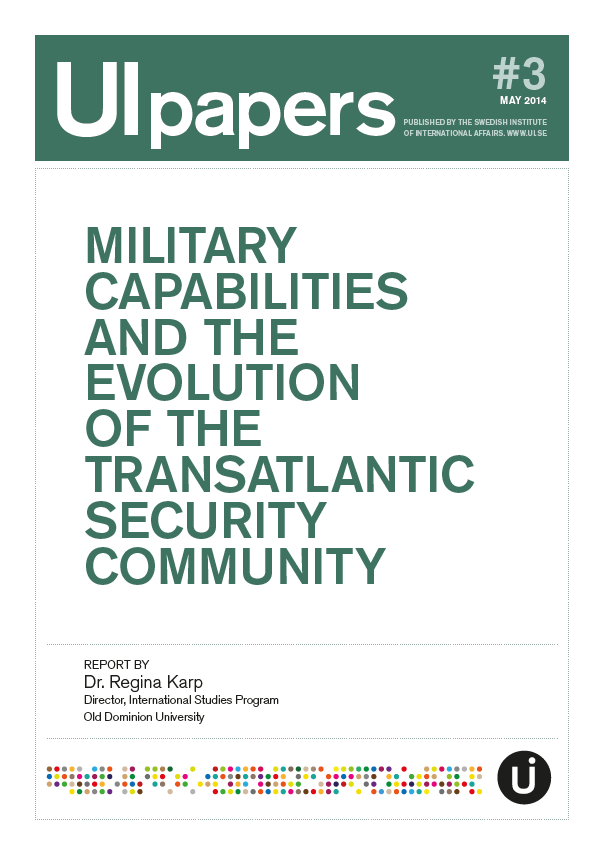Keeping alive: Understanding North Korea’s supply lines and the potential role of sanctions
Against all the odds, the Democratic People’s Republic of Korea (DPRK, North Korea) has survived two decades of acute crisis since the end of the Cold War. It has neither collapsed nor reformed itself, despite the dire state of its economy and the existence of extensive international sanctions.
This has been possible as it has skillfully adapted to circumstances and found new ways to maintain supply lines and revenue streams, developing and using a range of suppliers and altering their relative importance over time, as well as the way in which they operate, in order to circumvent sanctions.
Furthermore, they have also been able to develop new ones. There has also been a shift away from direct state control over illicit and semi-official activities, towards putting more trust in market mechanisms and obtaining the state’s and the regime’s share through different forms of “loyalty schemes”, bribery and public-private constructions. This shift has made it more difficult to target the different sources of revenue.
Author: Dr. Mikael Weissmann, Research Fellow at the Swedish Institute of International Affairs (UI). He is also a Research Associate at the East Asian Peace program at the Dept. of Peace and Conflict Research, Uppsala University. His research focuses on peace and security East Asia, with emphasise on China. He has been conducting research on North Korea for more than a decade. He received his Ph.D. in Peace and Development Research from the University of Gothenburg in 2009. He has been a visiting fellow at the University of Warwick (UK) as well as Peking, Renmin, and China Foreign Affairs University (China). Among others, he has written the monograph “The East Asian Peace: Conflict Prevention and Informal Peacebuilding” (Palgrave, 2012).
